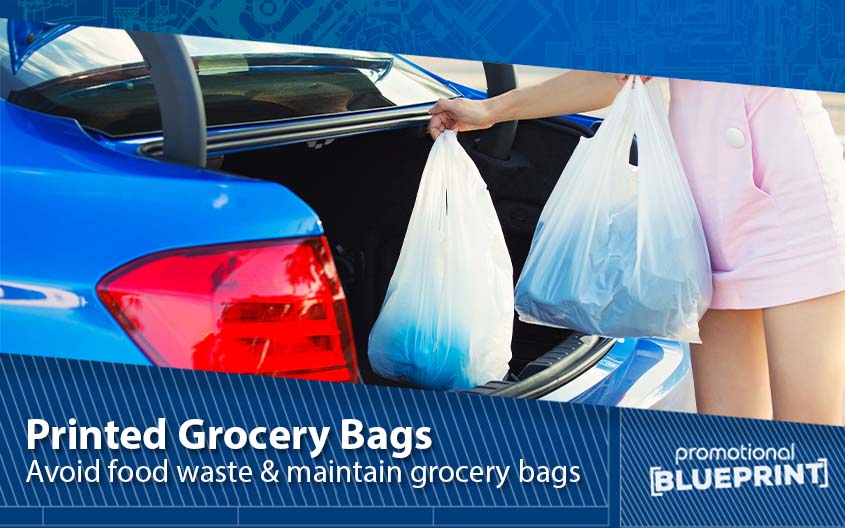
Food waste is common in almost every household, but most of the time, it has little to do with perishables themselves. We as consumers haven’t been taught how to preserve our groceries, so we often find ourselves having to discard wilted and mushy food before we’ve had a chance to use it!
Obviously, this is a hassle in and of itself, but more importantly, it’s costing us money in the long run. So today, let’s learn how to prevent food waste and store our groceries properly to make them last longer.
Avoiding Food Waste 101
We ought to remember that by preventing food waste and using proper storage solutions, we can also stay as far away from food-borne diseases as possible. That said, you cannot store all foods the same way, no matter how tedious organising your food hauls may be.
Meat
For starters, you should always try to store meat on the bottom shelf of your fridge to prevent it from leaking everywhere (and onto other food). If you have noticed that there’s a particular odour in your fridge, improperly stored meat may be the cause.
Fruit
Fruits like bananas are notorious for their fast ripening. Unless you’re a huge fan of banana bread, mushy bananas aren’t the most appetising thing to eat.
But you don’t have to worry about that if you store them properly as soon as you unpack your groceries. Bananas release ethylene gas, which can soften or ripen them and any other fruits nearby. An easy fix for that is to cover them with plastic wrap.
Vegetables
Fresh greens and lettuce can go soggy and slimy if we leave them exposed to moisture for too long. In order to keep them fresh and edible, it’s a good idea to wrap them in paper towels and store them that way. Alternatively, you can line plastic storage containers with paper towels and keep your greens refrigerated in them.
Another thing to keep in mind is that veggies may rot faster if you wash them while unpacking your groceries. The excess moisture makes for a fine mould growth environment, so it’s best to wash them as you need them — before eating or cooking them.
Herbs
If you’ve bought some fragile herbs and want to prevent them from wilting fast, all you need is a few tall glasses and some plastic wrap. Trim the stems and any discoloured leaves before placing the herbs in glasses filled with water. At that point, you can add a lid (if you’re using Mason jars, for example) or cover the glasses with a plastic wrapper.
For hardy herbs, you needn’t try so hard to preserve their freshness. Simply rest them lengthwise on a damp paper towel, making sure that they all fit in a single layer. Then roll them up and wrap them in plastic wrap or keep them in a Ziploc bag.
How to Take Care of Your Printed Grocery Bags
Remember that proper food storage starts in the grocery store, not when you come home. So, to prevent cross-contamination, it’s a good idea to use separate bags for produce and meat.
If you often buy foods that need refrigeration, investing in branded cooler bags is a sound decision. These bags are a bit different from the regular ones most of us have at home, as they actually prevent the food from spoiling fast in high temperatures.
Finally, if you own reusable personalised bags like cotton bags, canvas bags, or hessian bags, it’s a must to clean them often to ensure they don’t grow mould (or become a germ paradise).
How you clean the bags will depend on what they’re made of. Some natural-fibre bags, such as those made from linen, may be machine-washable. Others, like synthetic shopping bags, may only need some warm water and soap to clean. Whichever you go for, though, both types have to be completely dry before you can reuse them!
You may also like:
Custom Cotton Bags – Key to Sustainable Advertising
If you require further information or have any specific questions, don’t hesitate to give a member of our experienced team a call on 0800 0148 970 or simply email us today.






